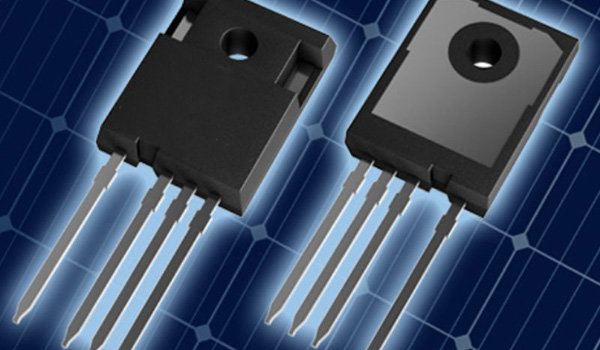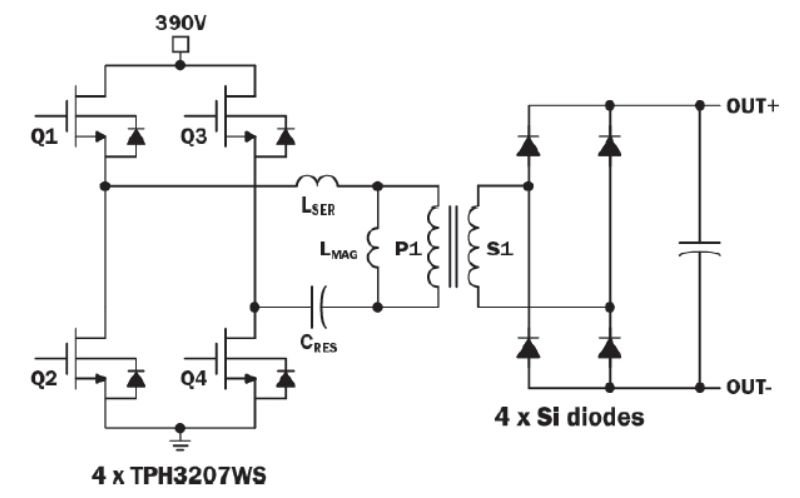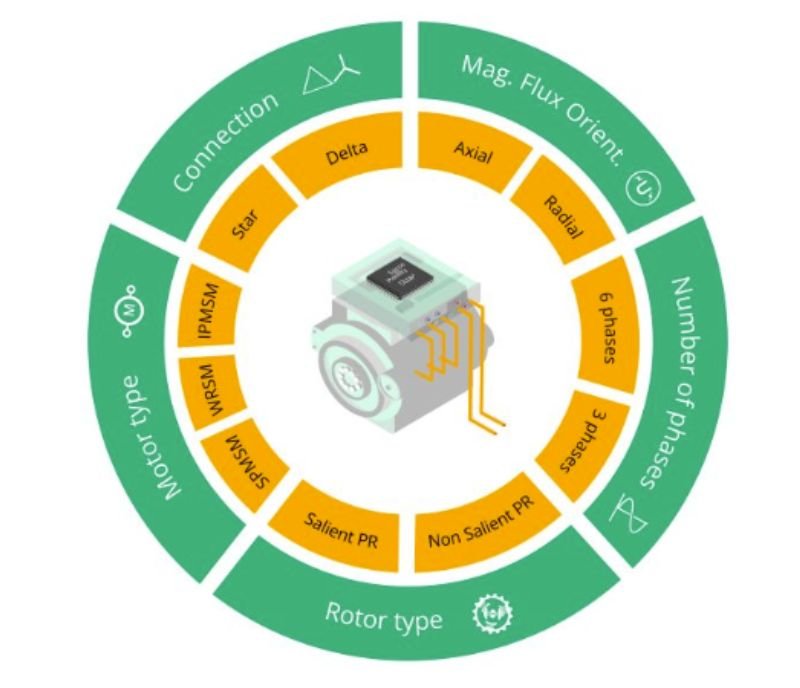

 News
News Industry News
Industry NewsRecently, Renesas Electronics acquired Transform, Inc., a leader in broadband gap gallium nitride (GaN) semiconductor technology development, in an all cash transaction worth approximately $339 million. This acquisition will enable Renesas to develop high-voltage, power intensive GaN solutions internally for the rapidly growing electric vehicle (EV), data center, industrial power, and renewable energy markets.

As part of its plan to expand its "ubiquitous artificial intelligence" strategy to the automotive market, Intel will acquire Silicon Mobility SAS. Silicon Mobility, headquartered in Varbonne, France, is a start-up (B-wheel) fabless semiconductor and software company that develops System on Chip (SoC) solutions to efficiently manage electric motors, batteries, and energy management systems in hybrid and electric vehicles.
Expand the wide bandgap product portfolio of Renesas Electronics
Just last year, Renesas Electronics entered the broadband gap (WBG) device market by investing in internal silicon carbide (SIC) production lines and signed a long-term SiC wafer supply agreement with Wolfspeed.
The acquisition of Transform will supplement the company's recent SiC investment, enabling the development of GaN devices together with SiC. This expansion means that Renesas Electronics can provide a more comprehensive portfolio of broadband gap products.

SiC and GaN devices are collectively changing the power electronics industry, enabling circuits to operate at increasingly high voltage, frequency, and power density. Although SiC and GaN often compete head-on, they do bring different functionalities to the design mix. SiC typically performs better in applications that require the highest voltage, while applications with the highest power density typically rely on the extremely high switching speed of GaN.
Transform's SuperGaN FET technology utilizes a proprietary common source common gate device architecture to improve performance and make GaN devices easier to use. Hidetoshi Shibata, CEO of Renesas Electronics, stated that the acquisition of Transformer will enable the company to consolidate its momentum in the high-voltage IGBT and SiC fields, expand its overall power product portfolio, and become a growth engine.
Software defined vehicle
Intel's acquisition of Silicon Mobility is part of its larger plan to integrate the latest artificial intelligence (AI) technology into its software defined vehicle (SDV) solution.
According to Intel, modern cars include over a mile of internal copper cables connecting over 100 individual electronic control units (ECUs), each with a specific purpose. The concept of SDV is to use fewer general-purpose processors (hardware) and configure software to manage multiple functions within the vehicle. The result is a system that performs better and is more cost-effective.

Along with the acquisition of Silicon Mobility, Intel has also launched a series of internally developed SoCs designed specifically for in car artificial intelligence applications such as GenAI and camera based driver/passenger monitoring. Automotive OEM Zeekr will become one of the first companies to adopt new technologies in its vehicle platform.
As for Silicon Mobility, they have promoted their OLEA APP inverters and FPCU solutions to configurable ready-made hardware/software solutions that can control any type of motor, including permanent and non permanent magnets, axial and radial, synchronous and asynchronous, and many stages.
Fushite Technology is deeply involved in the field of power devices, providing customers with microcontrollers (MCUs), touch chips, IGBT, IPM and other power devices. It is an electronic component supplier and solution provider with core technology.